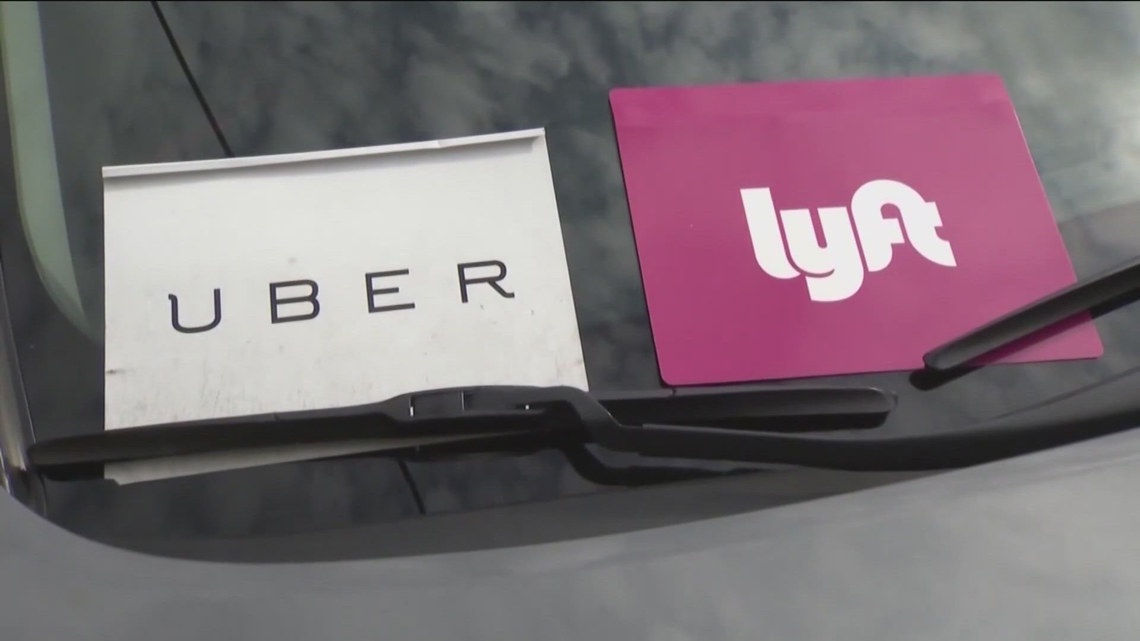Two major bills backed by Governor Newsom could reshape rights and costs for more than 800,000 app-based drivers.
SAN DIEGO — Big changes may be on the way for California’s gig workers, as two major legislative proposals gain momentum in Sacramento. The bills, AB 1340 and SB 371, could grant new rights to hundreds of thousands of app-based drivers across the state, including the right to unionize and relief from rising insurance costs.
AB 1340: A Push for Union Rights
Backed by Governor Gavin Newsom, AB 1340 would give ride share and delivery drivers the right to collectively bargain for wages, benefits, and working conditions—despite being classified as independent contractors.
“This is groundbreaking,” said Annie Ellis, an employment attorney based in San Diego. “These are gig workers. They’re 1099 independent contractors, which means they don’t have employee rights, and you have to be an employee in order to unionize.”
That’s what makes the bill so significant. If passed, it would mark the largest expansion of collective bargaining in the private sector in California’s history.
AB 1340 also represents a major shift from Proposition 22, passed by voters in 2020, which created a unique hybrid classification for gig workers. While it offered limited benefits, it did not grant full employee protections.
Since then, Ellis says many drivers have been left without a clear path for resolving complaints.
“Who do I complain to? There’s no state enforcement agency for independent contractors. I can’t call HR, I’m not an employee,” she explained.
While some gig workers welcome the change, others are hesitant. For those who value flexibility and independence, unionizing may feel like a step in the wrong direction.
“Some are saying, ‘I’m an independent contractor. A union is not what I signed up for because that is going to mean I have to comply with certain rules, and I don’t want to do that,’” Ellis noted.
SB 371: Tackling High Insurance Costs
A second bill, SB 371, is designed to tackle another major issue regarding the soaring cost of insurance for gig drivers. The measure, supported by both Uber and Lyft, aims to bring down expenses that have become a financial burden for many workers.
While the bills are designed to benefit workers, Ellis points out that riders could also feel the impact, especially when it comes to cost.
“Anytime you hike up terms and conditions and wages and benefits, and you put all these rules in place, the Brian Whites and Annie Ellises of the world are going to be paying for that,” she said. “Right now, a rideshare in California is the most expensive in the country. This is just going to make that higher.”
Both AB 1340 and SB 371 are still working their way through the state legislature and may be subject to amendments. If passed, they could usher in the most significant labor reforms for gig workers in California’s history.

